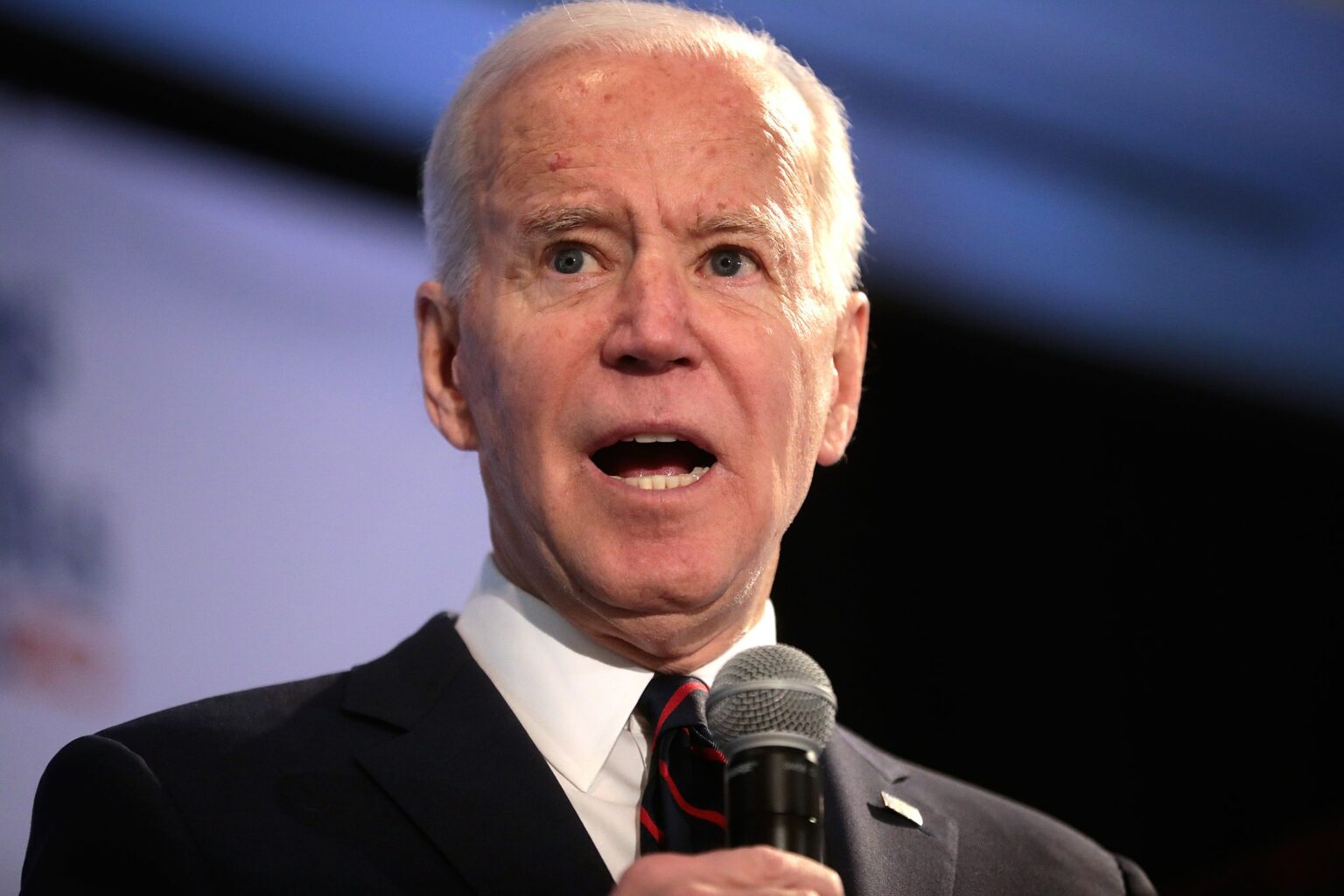Biden’s 2024 chances of re-election are looking bleak.
The political dynamics in the United States have taken a complex turn, particularly in the context of President Joe Biden’s approach to the Israel-Hamas conflict and its ramifications within the U.S. Muslim community. This community, a key demographic in the American political landscape, is manifesting its dissatisfaction through the initiation of the #AbandonBiden campaign.
This campaign marks a significant shift in U.S. Muslim political strategy. Spearheaded by prominent Muslim leaders, it is a direct response to what they perceive as Biden’s failure to adequately address the Israel-Hamas situation, especially in the aftermath of the October 7 terrorist attacks. Notably, this movement is not an expression of support for former President Donald Trump but a call to consider alternatives beyond the traditional Democratic and Republican candidates.
Jaylani Hussein, the lead organizer of this campaign, emphasizes the goal of “saving America from itself.” This sentiment reflects a broader disillusionment with the current political leadership, particularly regarding U.S. foreign policy in the Middle East. By targeting Biden in the elections, the campaign aims to demonstrate the community’s discontent and its willingness to explore political alternatives.
The strategic focus of the #AbandonBiden campaign initially honed in on pivotal battleground states like Michigan, Minnesota, and Arizona, where the Muslim-American vote is significant. However, the movement’s scope has expanded nationwide, indicating a larger scale of political mobilization within the U.S. Muslim community.
A key aspect of this strategy, as Hussein points out, is the acknowledgement of potential risks. By diverting votes from Biden, there is a possibility of inadvertently boosting Trump’s chances or those of other Republican candidates. This underscores the complexity of the political calculations involved and the community’s readiness to accept potential consequences in pursuit of broader objectives.
Polling data reveals a noticeable shift in the attitude of Muslim-Americans towards Biden, particularly in light of the Israel-Hamas conflict. This demographic, crucial in securing Biden’s victory in key states during the 2020 election, now shows an increased propensity to support third-party or independent candidates, or even to abstain from voting altogether. Such a change not only impacts the presidential race but also poses significant challenges for Democratic candidates across various electoral levels. This shift in voting patterns reflects a broader trend of political realignment and underscores the evolving nature of American electoral politics, particularly as communities reassess their alliances and priorities in response to current events and policy decisions.
